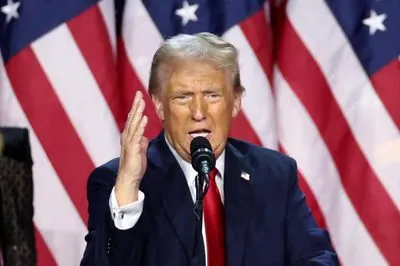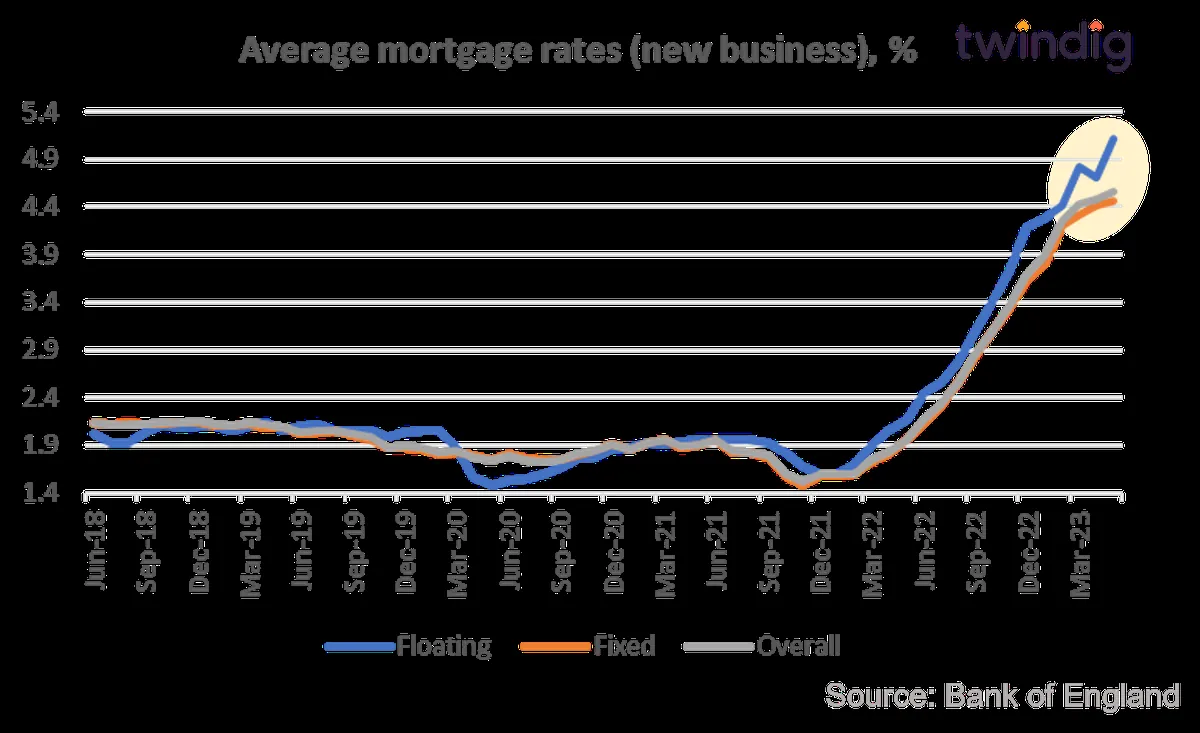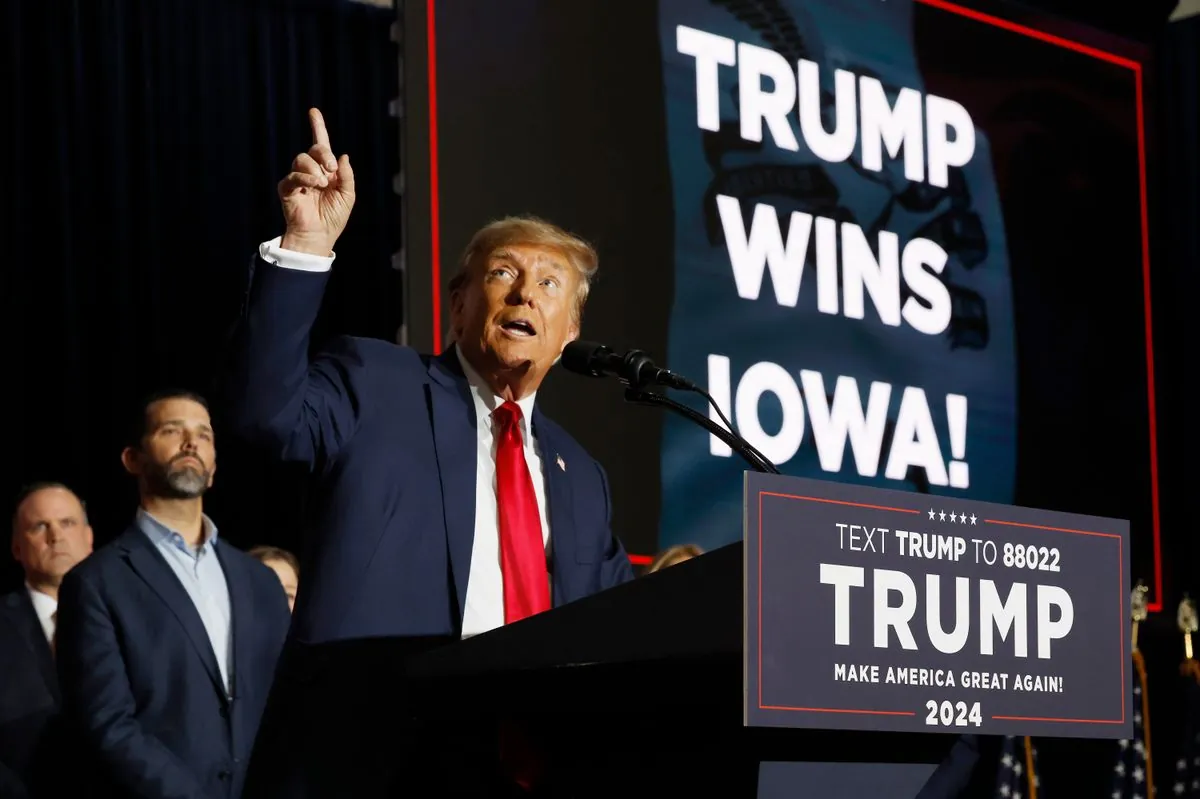Republican National Committee
The Republican National Committee (RNC) is the primary committee of the Republican Party of the United States. Its members are chosen by the state delegations at the national convention every four years. It is responsible for developing and promoting the Republican brand and political platform, as well as assisting in fundraising and election strategy. It does not have direct authority over elected officials. It is also responsible for organizing and running the Republican National Convention. When a Republican is president, the White House controls the committee. According to Boris Heersink, "political scientists have traditionally described the parties' national committees as inconsequential but impartial service providers."

Some of the key events about Republican National Committee
- 1856Established as the national organization for the Republican Party
- 1860Successfully campaigned for the election of the first Republican president
- 1865Opposed the 13th Amendment abolishing slavery
- 1920Supported the ratification of the 19th Amendment, granting women the right to vote
- 1920Opposed women's suffrage and the 19th Amendment
- 1957Backed the Civil Rights Act, a significant step towards racial equality
- 1964Implemented the "Southern Strategy" to gain support in Southern states
- 1964Nominated Barry Goldwater, who voted against the Civil Rights Act
- 1972Involved in the Watergate scandal and subsequent cover-up
- 1980Played a key role in the "Reagan Revolution", shifting American politics
- 1981Opposed extension of the Voting Rights Act
- 1988Approved the racially-charged "Willie Horton" ad campaign
- 1994Orchestrated the "Contract with America" campaign, leading to Republican control of Congress
- 2000Coordinated legal efforts in the Florida recount, securing a presidential victory
- 2000Involved in controversial Florida recount during presidential election
- 2010Launched the "Red to the Roots" program to focus on state-level elections
- 2013Implemented "voter ID" laws criticized as suppressing minority votes
- 2016Adapted to a new political landscape, supporting an unconventional presidential candidate
- 2016Supported a presidential candidate accused of making racist and sexist remarks
- 2021Downplayed the severity of the January 6th Capitol attack
Disclaimer: This material is written based on information taken from open sources, including Wikipedia, news media, podcasts, and other public sources.































